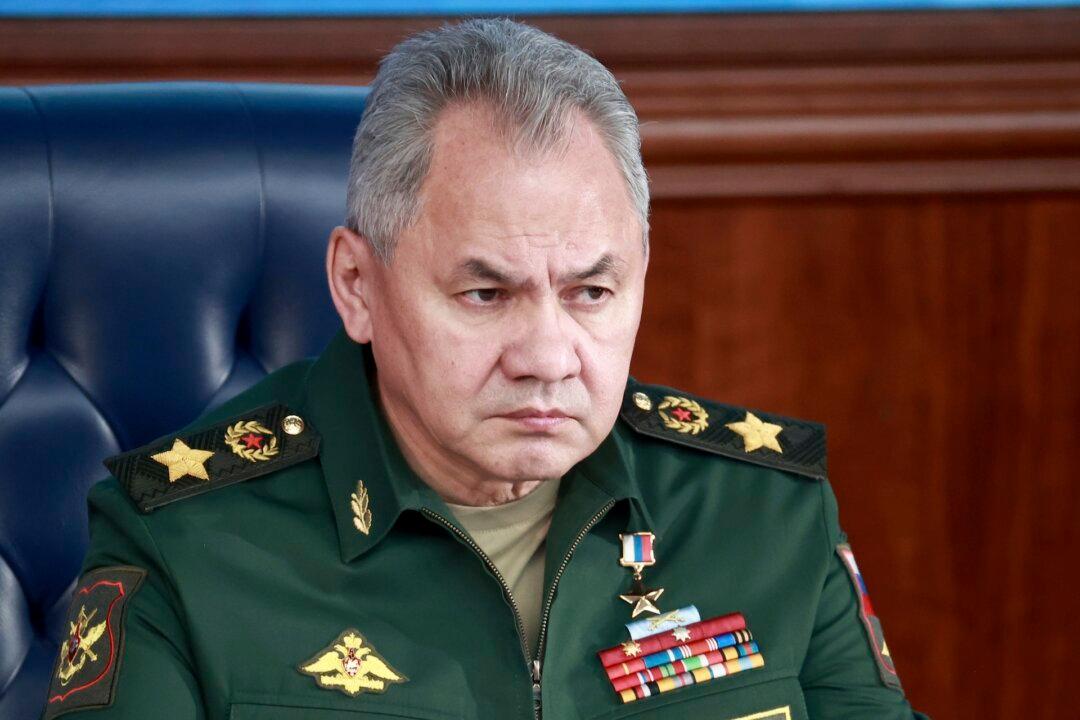Russian Defense Minister Sergei Shoigu said Monday that Russia is in talks with North Korea for possible joint military drills as the two nations seek to bolster their military cooperation and arms trade.
It comes after South Korea’s spy agency claimed that Mr. Shoigu had likely proposed to North Korean leader Kim Jong Un to hold a “three-way naval drill” involving China during his visit to Pyongyang in July.





